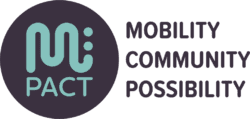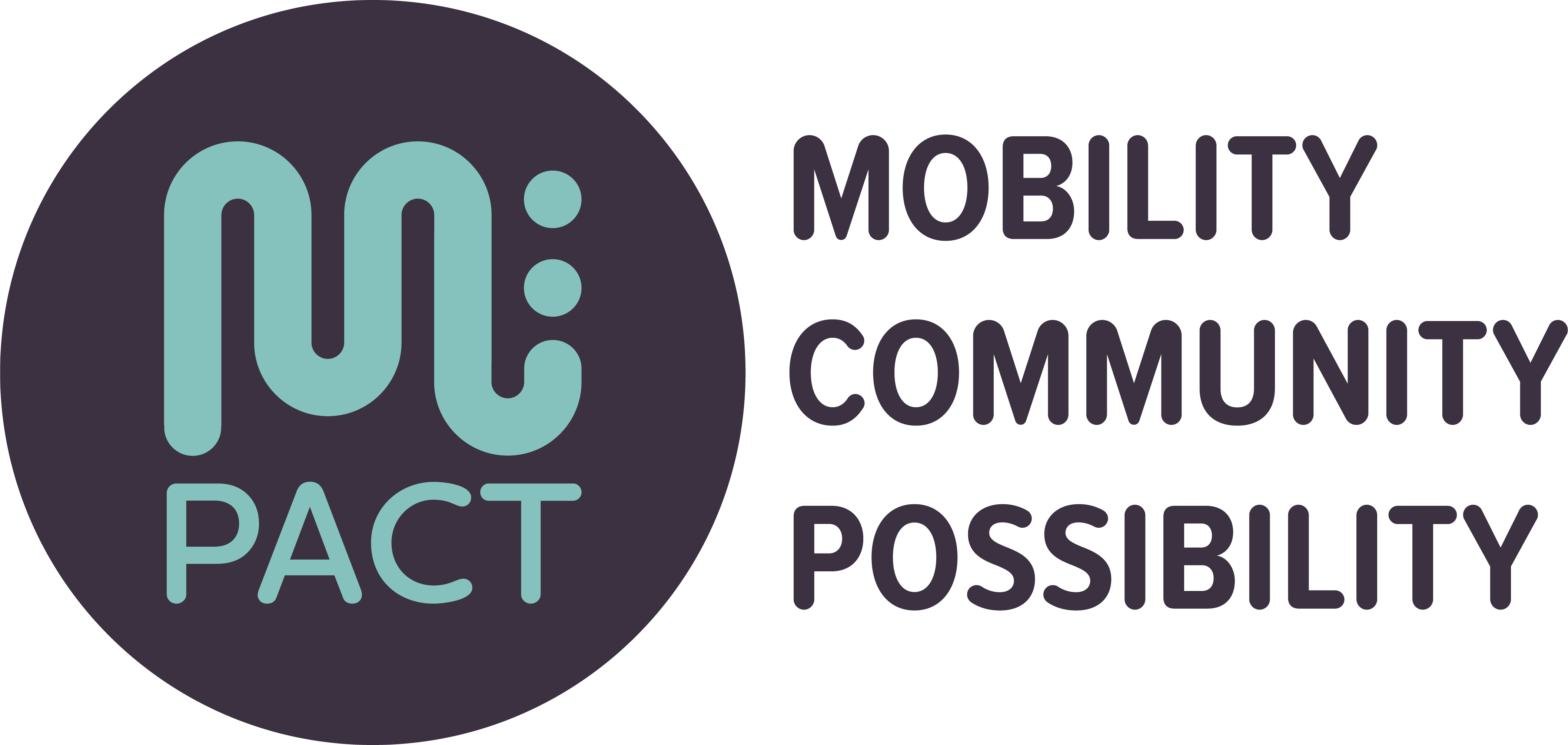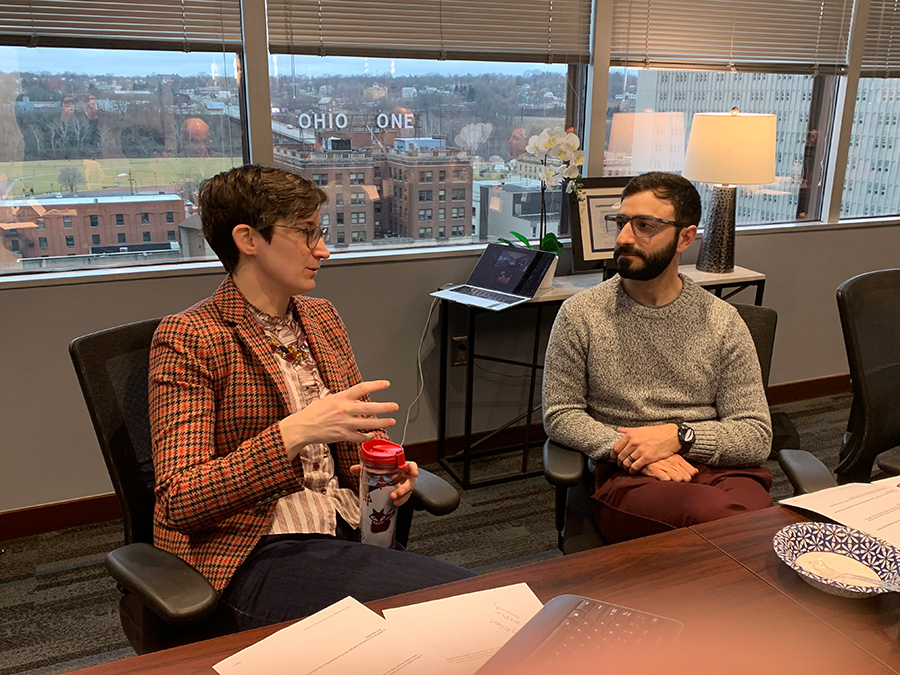Over the last couple of years, with support from the Lincoln Institute of Land Policy, Mpact:LAB has been working with stakeholders in legacy cities. Both Lincoln and Mpact share a focus on land use. Both also provide tools and space for local players to define their challenges, share knowledge and find a path forward.
For Mpact, the focus on land use is usually related to the built environment and development around transit, with the goal of urging cross-sector leaders to be very intentional about a community-first approach to transit and development projects.
For Lincoln, the focus on legacy cities is part of the Institute’s work to research and recommend creative approaches to land as a solution to economic, social, and environmental challenges. Lincoln is active on these issues around the world. Learn more about their goals and where they work here.
What are legacy cities?
Lincoln defines them as “cities with a population of at least 50,000, a sustained population decline of at least 20 percent from their peak historic population levels, and poverty rates higher than the national average in five of the last 10 years.”
These cities, as described on Lincoln’s website “have been at the center of some of America’s most historic achievements. They possess a strong civic spirit and culture of innovation at a time when these qualities are most needed. These cities offer growth potential not only for families, businesses, and communities seeking a stable future—but also for the country as a whole. However, their process is often hindered due to a lack of capacity or access to resources.”
What kinds of programs and cities are involved?
Lincoln’s Legacy Cities Initiative is a national network of community and government leaders working to “revive these older industrial centers equitably and sustainably, with a particular emphasis on smaller and mid-sized cities.” Check out the Legacy Cities Initiative website for the program’s strategic framework and several case studies.
And, through its Legacy Cities Community of Practice, Lincoln selects a small cohort of cities for an engaged program where teams have access to peer learning, insights to expert faculty, and resources to support their projects. The program helps cities gain a deeper understanding of local land use issues and implement solutions through place-based projects in disinvested neighborhoods. Check out the 2023-2024 Program Guide.
The 2021-2022 cohort included city teams from Akron, Ohio; Dearborn, MI; and Trenton, NJ. The second and current cohort of the Community of Practice consists of five cities from across the US and Latin America: Buffalo, NY; Reading, PA; St. Louis, MO; along with Toa Baja, Puerto Rico; and Villa Altagracia, Dominican Republic.
The current cohort has been working together for the past 15 months in a bilingual setting to address the themes of equity, greening, network building, data, and metrics in their projects. Participants come from different city, government, and community-based organizations, to both represent the needs of the neighborhoods where the projects take place, and to work alongside the stakeholders who have the power to implement and sustain the projects.
“You recognize what an enriching experience a peer exchange program is when you bring in teams across geographies and have participants support each other through the exchange of ideas, knowledge, and resources. Despite having very different life experiences, city and government structures, and languages, the teams have still found commonalities and support each other’s efforts to improve their neighborhoods.” — Libertad Figuereo, Policy Analyst at the Lincoln Institute of Land Policy and Program Lead for the Community of Practice.
How does Mpact:LAB fit in?
Mpact:LAB’s work supported by Lincoln focuses on shorter term engagement with legacy city stakeholders. The goal is to build momentum around a locally-defined question or challenge. In Buffalo, NY; Youngstown, OH; and Cleveland, OH, the LAB facilitated a 6-week MOVE Roundtable, dissecting a local question through the lenses of Mobility, Opportunity, Voice and Equity. The LAB also held a day-long workshop in Philadelphia, PA.
The core questions for MOVE Roundtables were:
- How could transit shape opportunities and build a better tomorrow for those in the Buffalo region?
- How could local players collaborate to improve a commercial corridor, the main thoroughfare from Liberty Township to Youngstown, OH, including access to Interstate 80?
- How could city and transit leaders more effectively communicate with residents about equitable transit-oriented communities?
During Roundtable sessions, the LAB brought in speakers to provide context or comparative examples, with the intent of stoking the local conversation and building connection and momentum among local stakeholders. Each MOVE Roundtable concluded with agreed next steps and how stakeholders could pursue them. Find out more about MOVE Roundtables here.
The one-day workshop in Philadelphia gathered a wide-ranging group —representing transit, land use and community development — to talk about transit oriented communities, regional alignment and how the upcoming Mpact Transit + Community conference in Philadelphia could be leveraged to advance regional goals.
Why does this work matter?
Sarah Rudolf, Associate Director at Mpact, heads up the Mpact:LAB. She’s grateful for the support from the Lincoln Institute of Land Policy to get people together to catalyze next steps.
“Often, people have ideas about what’s needed or what’s next swirling in their heads, but lack a forum for sharing those ideas with others in their region. The MOVE Roundtables offer that space. Building some connective tissue locally, we have found, can be the basic building block of big things. We’re looking forward to capture some of those stories in our case studies,” — Sarah Rudolf, Mpact:LAB.
“We were excited to support a project that works to break down silos and bring together different stakeholders to the table for a shared conversation around a common theme. With Mpact, we also appreciated their approach to tailoring the conversation to each place’s unique context and needs and to start the dialogue with some of our legacy cities that lack capacity and resources and need strong building blocks to move forward.” —Libertad Figuereo, Policy Analyst at the Lincoln Institute of Land Policy.
What’s next?
In 2024, Mpact:LAB will be working with past MOVE Roundtable locations to develop case studies to share approaches to building stakeholder coalitions. The LAB will also be hosting Roundtables in two locations to be determined.
And, as noted, the Mpact Transit + Community conference will be in the legacy city of Philadelphia in October. It’s a city and region with a varied network of transit options and a long history of transit-oriented neighborhoods. It also is involved in the constant work of reinvention and modernization. Join us in Philly in October to find out more.
We also have a couple episodes of the Mpact Podcast about Philadelphia. Episode 35: The Healthy Heart of a Community focuses on Paseo Verde, a mixed-income transit-oriented development (TOD) in a largely Puerto Rican neighborhood near a SEPTA train station and several bus lines. On Episode 44: Rethinking City Transportation, we hear about transit planning and and agency coordination with guests from the City of Philadelphia Office of Technology, Infrastructure and Sustainability.


